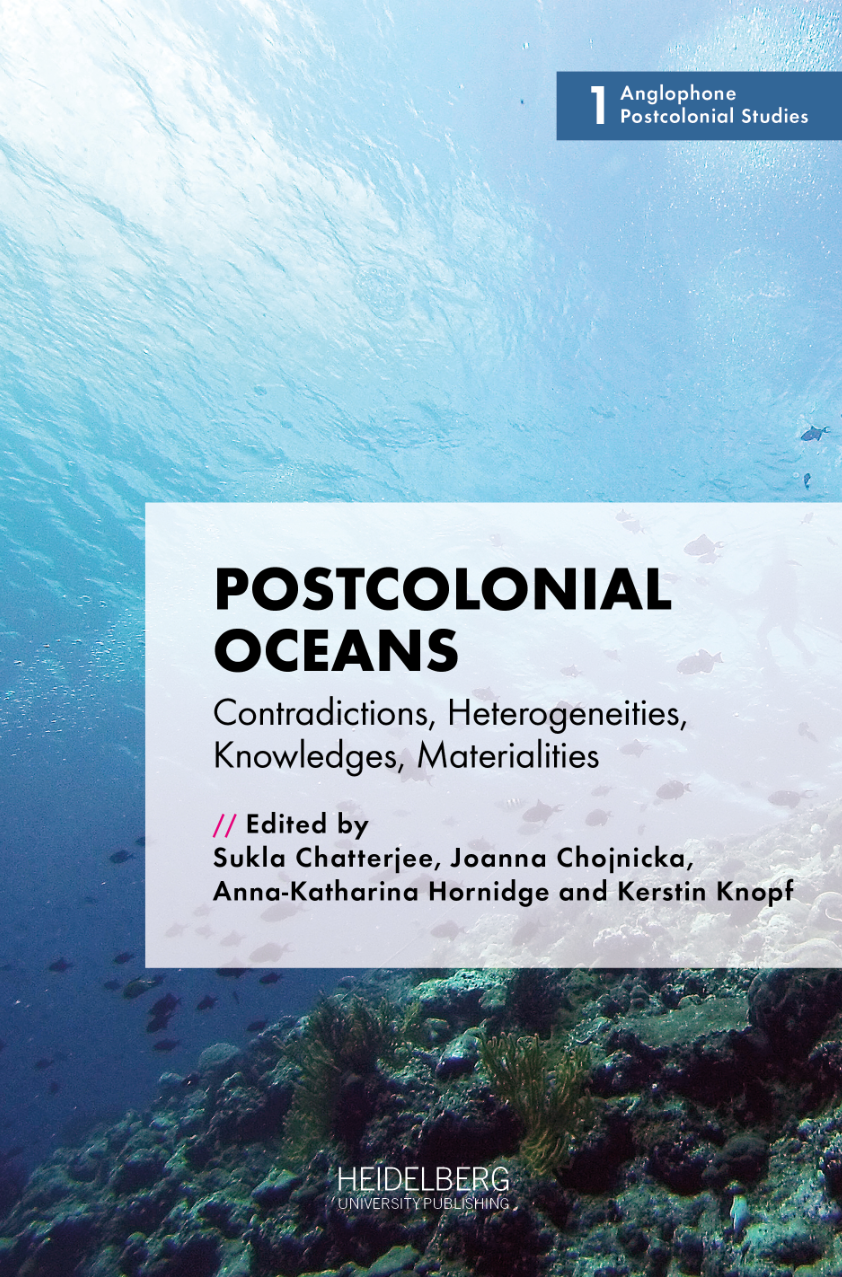
In Chojnicka, Joanna & Hornidge, Anna-Katharina & Knopf, Kerstin & Chatterjee, Sukla (eds.) Postcolonial Oceans: Contradictions, Heterogeneities, Knowledges, Materialities, 219-236. Heidelberg: Heidelberg University Publishing.

In Chojnicka, Joanna & Hornidge, Anna-Katharina & Knopf, Kerstin & Chatterjee, Sukla (eds.) Postcolonial Oceans: Contradictions, Heterogeneities, Knowledges, Materialities, 219-236. Heidelberg: Heidelberg University Publishing.
„Ist Widerspruch ein eurozentrisches Konzept, operatives Phänomen und Machtinstrument?“
Kerstin Knopf
„Widerspruch ist oft nicht primär ein (aufzu)lösendes Problem, sondern eine Antriebskraft, ohne die es nicht geht.“
Martin Nonhoff
„Seid dabei, mehr Diversität und Vielfalt in die Wissensproduktion zu bringen.“
Gisela Febel
„Wenn sich gesellschaftliche Widersprüche im Recht widerspiegeln, kann das Recht keine widerspruchsfreie Normhierarchie ausbilden.“
Andreas Fischer-Lescano
„Wer das Widersprechen ohne das Anbieten einer besseren Lösung als widersprüchlich empfindet, hat die Idee demokratischer Kritik nicht verstanden.“
Martin Nonhoff